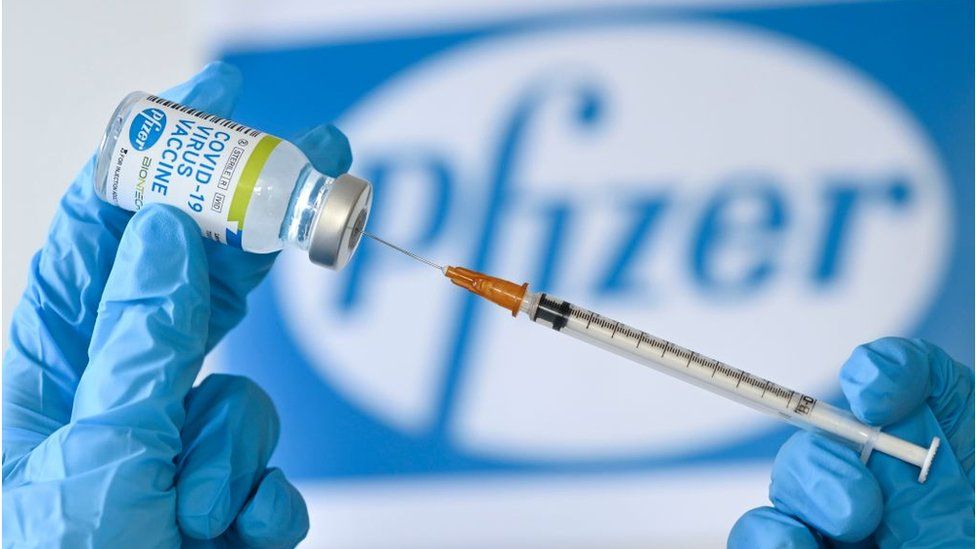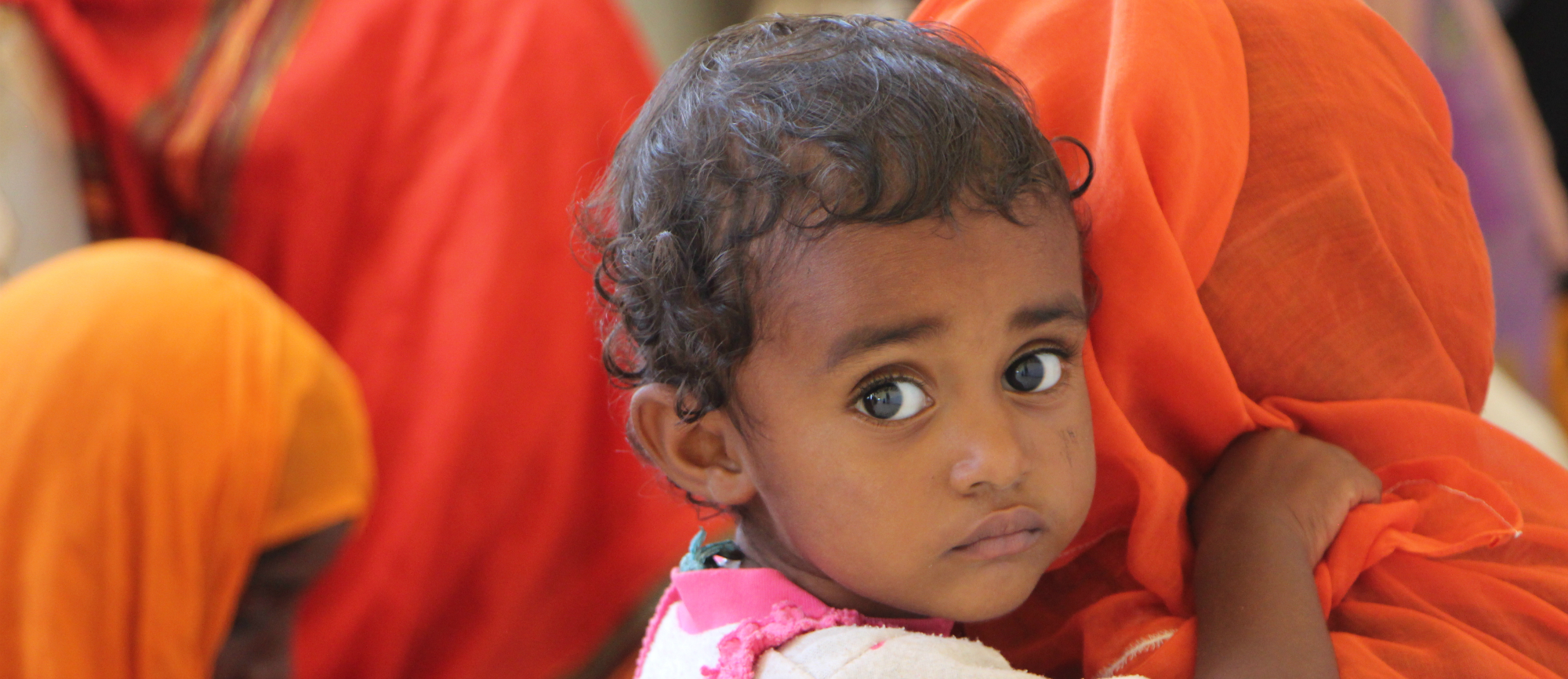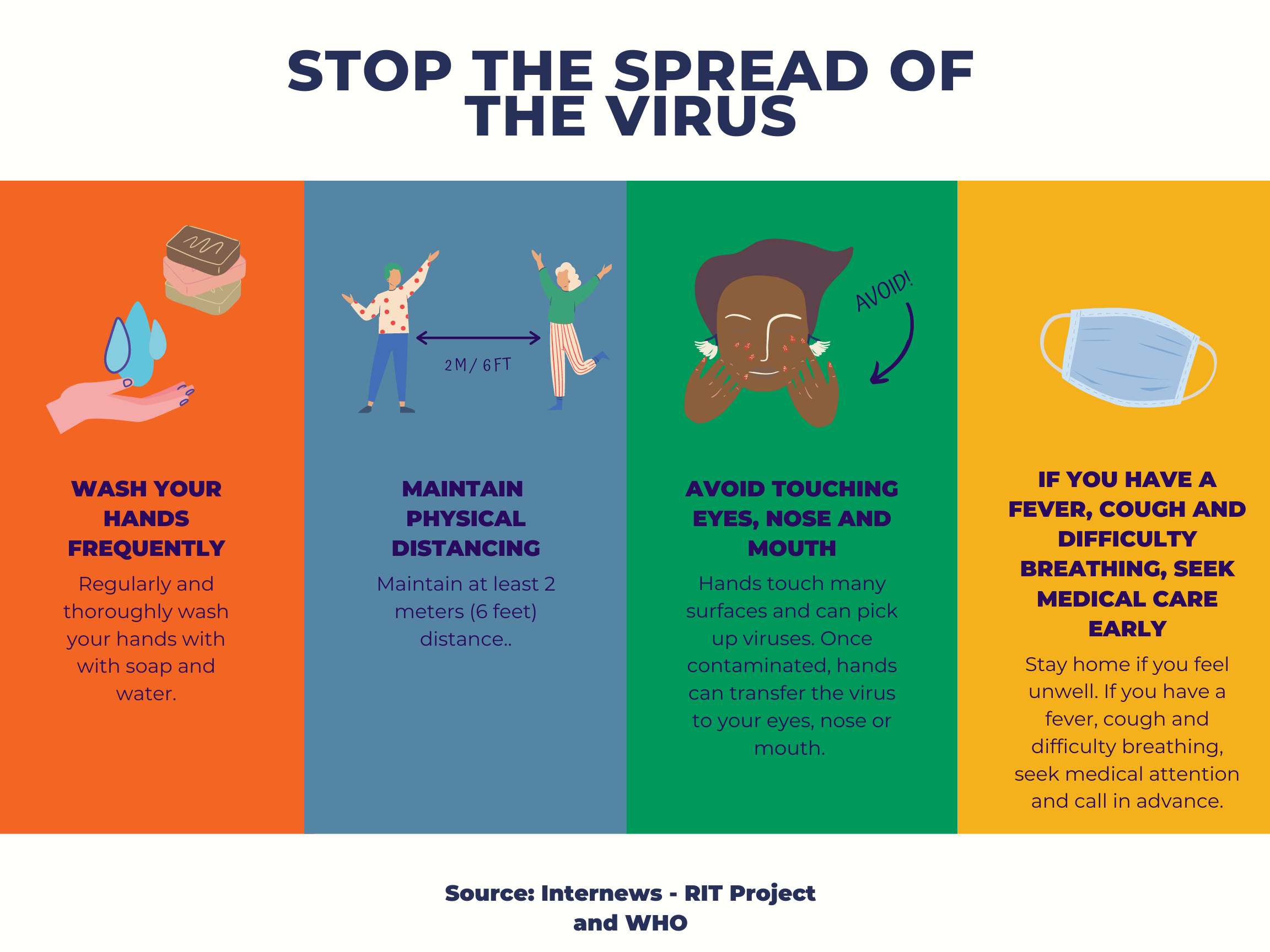The global pandemic has changed the way we view our modern world. Aside from the adverse reality of our fragile healthcare systems, it has portrayed the dynamics of a society that operates on class stratification. Superpowers and “rich” countries have access to quality healthcare and have the tools and methods to continue operating despite lock-downs and social distancing measures, while the rest of us are only beginning to cope with the drastic changes experienced during the past year. Inequality is evident in healthcare, education, and access to information, and now we are impatiently waiting to see how the world will handle the COVID-19 vaccines; our long-awaited saviors.

Source: Euractiv.com
Countless rumors are circulating regarding this subject, and people around the world are dying to see how this ethical conundrum will be handled. What’s going to happen to those who can’t afford it? For Sudan, as citizens of third-world countries, it is not new for us to be the last in line. And in addition to that, we have a lot on our plate with the ongoing economic crisis and the second COVID-19 wave. People’s efforts are still directed towards protective measures, rather than relying on a magical potion that we might not even get a taste of.
What about us?
The unfortunate fact about the vaccine situation is that not only is it expensive, but it also comes with a great deal of logistical challenges. For instance, the vaccine from Pfizer/BioNTech needs to be stored at -70 degrees Celsius, while the one from Moderna has to be kept at -20C. However, the most recent vaccine developed by AstraZeneca in partnership with the University of Oxford can be stored at standard refrigeration temperatures and has a lower cost of production. This has led experts to consider it as the best option for many African countries.

Source: BBC.com
On a national level, the Sudanese Ministry of Health has announced that 8.4 million vaccine doses will be provided for specific target groups, prioritized according to risk. These target groups include the elderly and patients with chronic diseases, front-line medical and healthcare workers, employees and workers in essential sectors (such as schools, banks, and civil service), and also displaced people and asylum seekers. Many factors must be taken into consideration regarding the distribution process, the most important of which are strategies needed to reach these high-risk groups, and the logistics needed such as syringes, healthcare professionals, and centers to cover the entire segment. The process is expected to take place during the first quarter of 2021.

Source: Europa EU
How does it work?
The Sudanese Ministry of Health has not mentioned the manufacturing company of the vaccines we will receive. But generally, the COVID-19 vaccine takes a while for the body to develop protection. A nurse from California has tested positive more than a week after receiving Pfizer Inc's vaccine. An infectious disease specialist has clarified that it generally takes 10 to 14 days to develop protection. Not only that, but the first dose only gives around 50% protection, the second dose is needed to get up to 95%. The nurse has also reported that he has not experienced any side effects other than the fact that his arm was sore for the whole day.
Most popular vaccine rumors
Anybody going on the internet these past months can see the enormous amount of misinformation revolving around the vaccine topic. The fact that this virus is new and global has allowed for the birth of numerous rumors and conspiracy theories. The most popular of which is that the mRNA COVID-19 vaccine alters the DNA, a theory probably influenced by immersive Sci-Fi movies. Well, as excitingly scary as that sounds, it is completely nonfactual. According to the Center for Disease Control and Prevention, the vaccine does not enter human cells nor does it contain a live virus. Hence, it cannot affect a person’s DNA and you cannot get infected by it.
Another widespread theory is one involving Microsoft’s co-founder Bill Gates, it claims that the Coronavirus pandemic is a cover for a plan to implant trackable microchips and that the Microsoft co-founder is behind it. It sure would have been impressive to be living in an episode of Black Mirror, but surely there is no vaccine "microchip" and there is no evidence to support such claims. He has been widely targeted during the pandemic due to his philanthropic work in public health and vaccine development. The Bill and Melinda Gates Foundation told the BBC the claim was "false”.
Cooperative vs. Uncooperative Strategies
The reality of the situation is that this pandemic is not an issue to be solved by having an individualistic viewpoint, but rather an issue of cooperation. It is a simple matter of whether or not humanity will put its problems aside for a second, and try to work towards the greater good of our communities. We’ve seen that in the way different nations were able to handle outbreaks; and how following guidelines on an individual level has proven to provide the best results on a wider scale. This was one of the foreign concepts that we struggled to grasp, we’re all used to being selfish creatures, programmed with the idea that our actions – good or bad – can only affect us as individuals. But throughout this pandemic, we’ve come to learn that even if you don’t really care about the virus, you can be the reason for the infection and potential harm of others. This same concept applies to the vaccine dilemma, the equal distribution of it is in the best interest of all nations unless they are willing to live in absolute seclusion from the rest of the world, which I think we can all agree is not very favorable.
A modeling study was conducted by Northeastern University in Boston in the USA, to estimate the effect of cooperative versus uncooperative strategies of COVID-19 vaccine allocation. They predicted what would happen if three billion doses of the COVID-19 vaccine had been available in March 2020, and compared two scenarios:
1. One where the richest countries bought the first two billion doses, and the remaining billion are distributed among the rest.
2. And the second was that all three billion are distributed to all countries in proportion to their populations.
By September 1st, the outcome of the first scenario would’ve been the prevention of 33% of global deaths. Whereas for the second one, it would’ve reached 61%. That sure is a great difference that could save a massive number of lives.
In the meantime, I would highly advise Sudanese people to take strict precautions whatever the scenario will turn out in 2021.

Sources:
